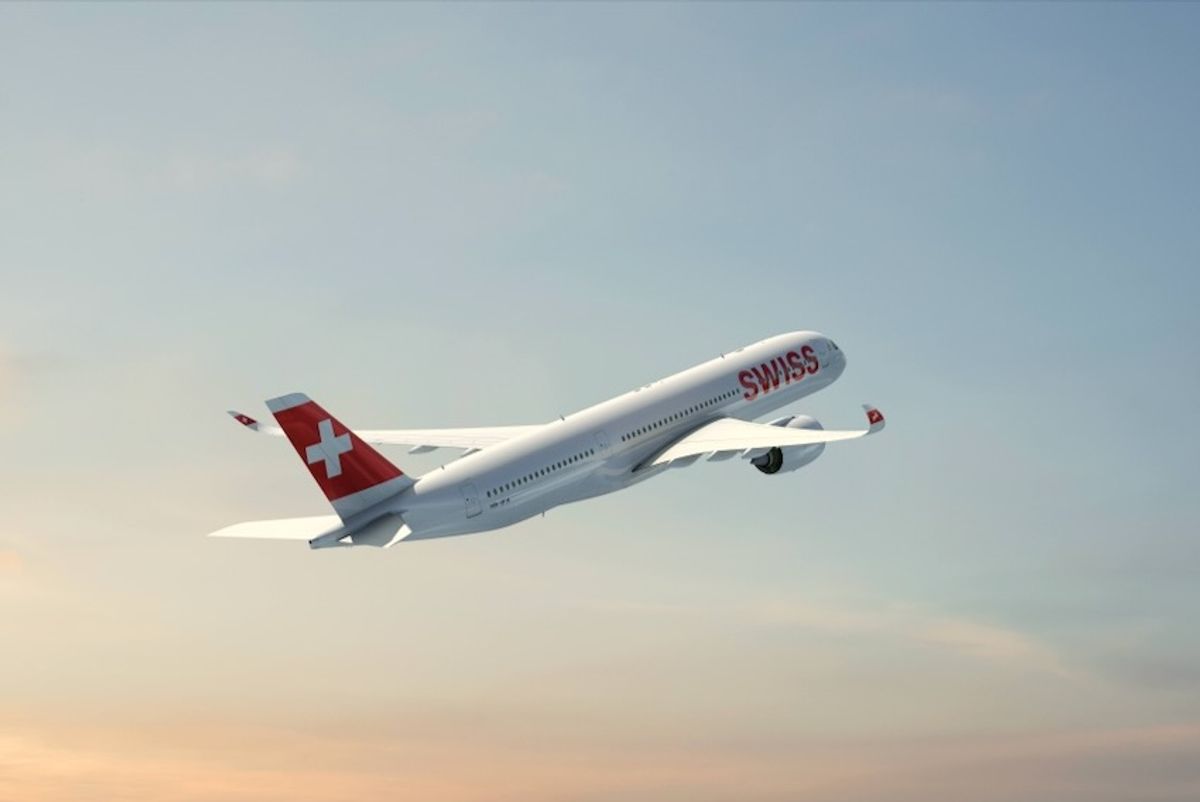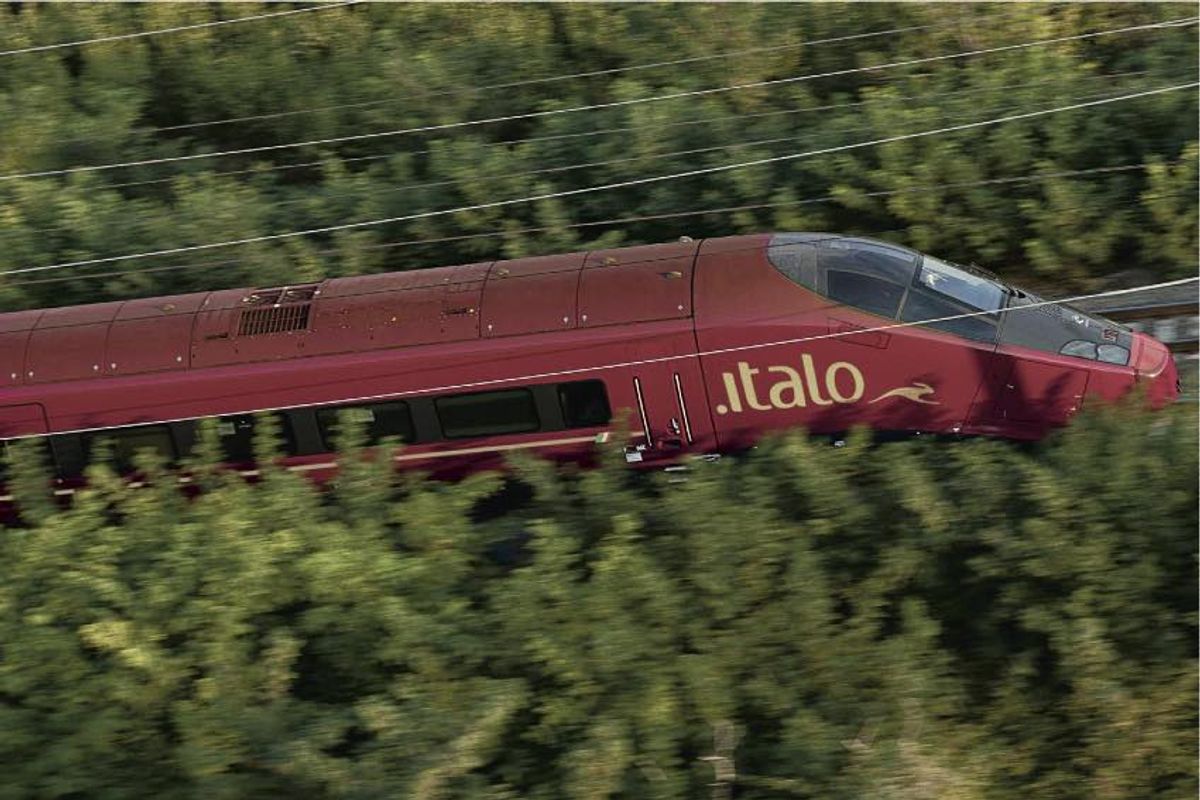Travel
Hybrid work redefining business travel and commute, says study

The once clear lines separating business travel and the office commute are becoming increasingly blurred, according to a new UK study.
An April survey of more than 1,000 rail ‘supercommuters’, defined as those who travel at least 90 minutes to reach the office, revealed an increasing trend to link office trips with specific business purposes, with 80 per cent of respondents reportedly doing so.
Two thirds of respondents said they consider their commute as more closely defined as ‘business travel’, while more than half (59 per cent) said their company covers the cost of travel.
The majority (78 per cent) of rail supercommuters typically make their journeys in one day, however 57 per cent reported that accommodation, when required, is paid for by the company.
The survey, commissioned by B2B rail booking platform Trainline Partner Solutions, also found the number of UK supercommuters has doubled since the pandemic, with the vast majority (84 per cent) reporting hybrid working has enabled the switch in commuting habits.
These supercommuters spend an average of three days a week in the office, according to the study, largely in cities such as London (27 per cent), Manchester (6 per cent), Nottingham (5 per cent) and Birmingham (5 per cent).
Trainline also found that 51 per cent of ‘regular commuters’ would be open to supercommuting in the future in order to achieve a better work-life balance.
Alice Coverlizza, VP of Trainline Partner Solutions, said: “With rail driving a growth in supercommuting, this is redefining what the traditional commute looks like, particularly in relation to business travel.
“The commute is a key part of ever-evolving working patterns in the UK, and these findings highlight the need for both workplaces and the broader travel ecosystem to keep apace of these trends,” she said.










